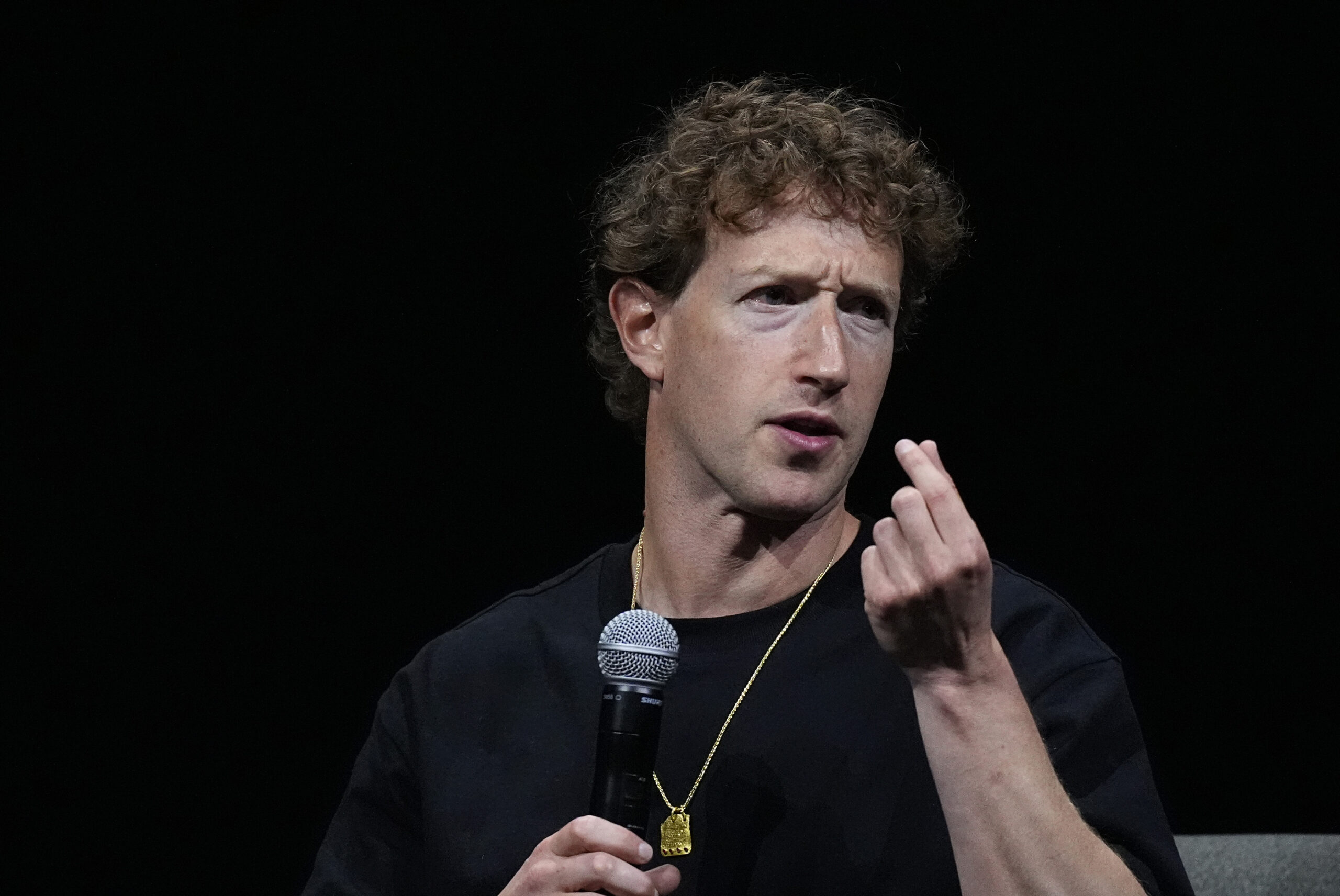In a surprising turn of events, Mark Zuckerberg, the face behind Meta (formerly Facebook), has come clean about a decision that’s been haunting the tech world. In a letter to the House Judiciary Committee, Zuckerberg expressed regret over Meta’s compliance with the Biden Administration’s pressure to censor content during the COVID-19 pandemic. But here’s the million-dollar question: Is this a genuine mea culpa or just damage control?
The COVID-19 Censorship Saga
Remember when your aunt’s meme about COVID got zapped off Facebook faster than you could say “conspiracy theory”? Well, it turns out that might have been a result of some serious arm-twisting from Uncle Sam. Zuckerberg revealed that senior administration officials leaned hard on Meta to censor certain posts about COVID-19, including – wait for it – humor and satire. Because nothing says “global pandemic” like losing our sense of humor, right?
Zuckerberg’s Mea Culpa: Too Little, Too Late?
In his letter, Zuckerberg didn’t mince words: “I believe the government pressure was wrong, and I regret that we were not more outspoken about it.” He went on to promise that Meta would resist such pressure in the future. But let’s be real – is this just a case of closing the barn door after the horse has bolted?
The Hunter Biden Laptop Debacle
As if the COVID censorship wasn’t enough, Zuckerberg also touched on another hot potato: the suppression of the New York Post’s coverage of Hunter Biden’s laptop before the 2020 election. Turns out, the FBI’s warning about potential Russian disinformation was about as accurate as a weather forecast in Florida. Zuckerberg admitted, “In retrospect, we shouldn’t have demoted the story.” No kidding, Sherlock!
Free Speech Champions or Damage Control?
Republicans on the House Judiciary Committee, led by Ohio Rep. Jim Jordan, are hailing this as a “big win for free speech.” But is it really? Or is this just Meta trying to salvage its reputation after years of accusations of bias against conservatives?
The Road Ahead: Will Meta Stand Its Ground?
Zuckerberg’s vow to resist future government pressure sounds great on paper. But here’s the million-dollar question: Will Meta actually stand its ground when the next crisis hits? Or will we see another round of “we regret to inform you” a few years down the line?
As we navigate this brave new world of social media and government intervention, one thing’s for sure: The battle for free speech in the digital age is far from over. And whether you’re Team Zuck or Team Skeptic, this saga serves as a stark reminder of the power – and responsibility – that comes with controlling the world’s largest social media platform.
So, what do you think? Is Zuckerberg’s mea culpa genuine, or is this just another PR move in the ever-evolving chess game of Big Tech vs. Big Government? The jury’s still out, but one thing’s certain – this won’t be the last we hear about content moderation and government pressure in the land of likes and shares.

